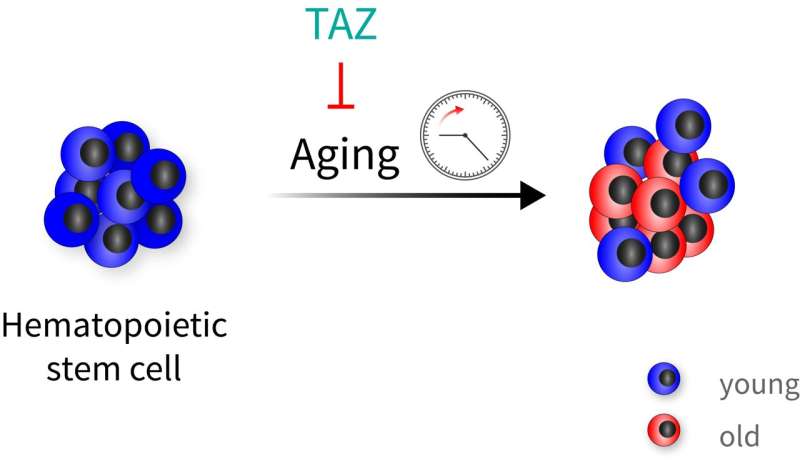By Holly Lebowitz Rossi – Guideposts
New research connects how we feel about aging with health risks in later years.
No matter how much we might tell ourselves about being “young at heart,” age happens.
Some of us might consider advanced age to be a gift, something that, my elderly great-aunt used to say, was “better than the alternative.” And others among us might feel anxious about the aging process, worried about the unknown variables that will affect the later years of life.
A study published this year offers a new take on how we feel about aging—the study found that positive thinking about aging impacts a person’s mental and physical health in measurable ways.
The study, which examined 14,000 adults over age 50 from across the United States, reported that those with the most positive view of aging (or “highest satisfaction” about aging) were 43 percent less likely to die for any reason during the four years following the study, as compared with those who reported a negative view of aging.




